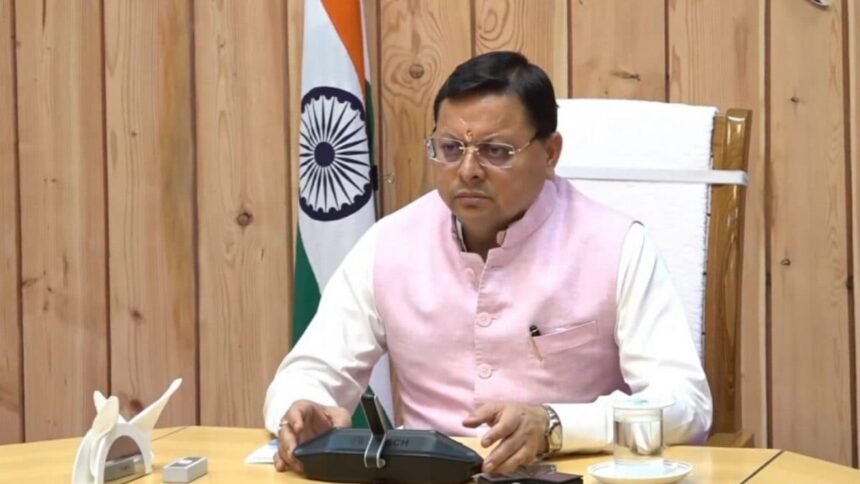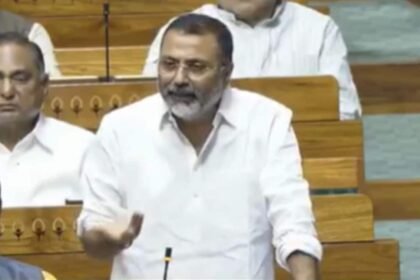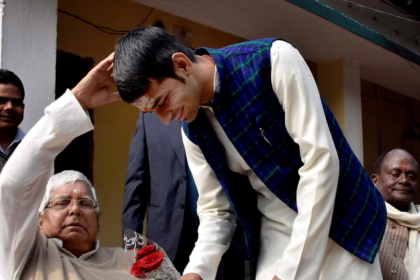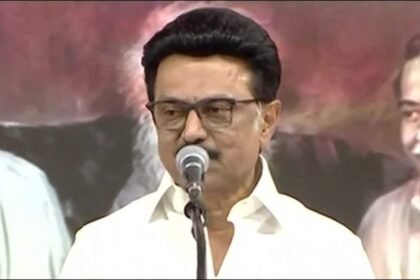Last Updated:
The Nainital High Court lifted the stay on Panchayat elections in Uttarakhand, directing the government to address constitutional issues within three weeks

The HC bench directed the Pushkar Singh Dhami government to respond to the constitutional and procedural issues raised in the petitions within 3 weeks. (PTI Photo)
The Nainital High Court on Friday cleared the path for Panchayat elections in Uttarakhand by lifting the interim stay it had earlier imposed, offering a much-needed breather to the Pushkar Singh Dhami-led state government and the state Election Commission. After examining the petitions and the documents submitted by the state in a key meeting on Friday, the high court granted interim relief to the government, allowing it to proceed with the much-anticipated three-tier panchayat elections. However, the court’s decision also comes with caveats that may continue to complicate the electoral timeline in the state.
The decision to lift the earlier stay order issued on June 23 was delivered by a division bench comprising Chief Justice G Narendar and Justice Alok Mahara, which is currently hearing a clutch of over three dozen petitions filed against the reservation framework for the panchayat elections. The bench, while vacating the interim ban, directed the government to respond to the serious constitutional and procedural issues raised in the petitions within three weeks.
At the heart of the legal battle is the controversial reservation roster issued by the state government, which many petitioners argue disproportionately benefits certain categories while consistently marginalising others. Specifically, concerns have been raised over underrepresentation of certain classes in critical posts such as block pramukh and district panchayat president, allegedly in violation of Article 243 of the Constitution, which governs panchayat-level governance, and contrary to several rulings by the Supreme Court.
The petitioners argue that several reserved categories have repeatedly been allotted the same seats over multiple election cycles, effectively violating the principle of rotational reservation. This, they say, undermines both equity and constitutional intent.
In defence, Advocate General SN Babulkar and Chief Standing Counsel CD Rawat asserted before the court that the previous reservation roster could not be used for the upcoming elections. They cited a report from the National Commission for Backward Classes, which, according to them, rendered the earlier roster void and necessitated the issuance of a fresh reservation list. This revision, they contended, was both legal and essential to ensure compliance with broader national guidelines on backward class representation.
The legal turbulence came to a head earlier this week, when the High Court, on June 23, issued a stay on the panchayat elections, even though the State Election Commission had already notified the poll dates and schedule. The Commission had previously declared that the elections would take place in two phases, on July 10 and July 15. Following the court’s stay, that schedule was immediately scrapped.
Now, with the stay lifted, the High Court has allowed the Election Commission to release a fresh poll schedule, extending the earlier timeline by three days. However, the Commission has stated that it will wait to receive a formal copy of the court’s order before proceeding. State Election Commissioner Sushil Kumar has assured that the new election dates will be announced shortly, likely pushing the panchayat polls further into July.
While the judicial nod to resume electoral proceedings offers a measure of clarity, it does not close the chapter. The High Court has not yet ruled on the constitutional validity of the June 9 rules and the June 11 government order that underpin the election process. The state now has three weeks to submit its response to the multiple concerns raised in the petitions.
- Location :
Nainital, India, India
- First Published:






